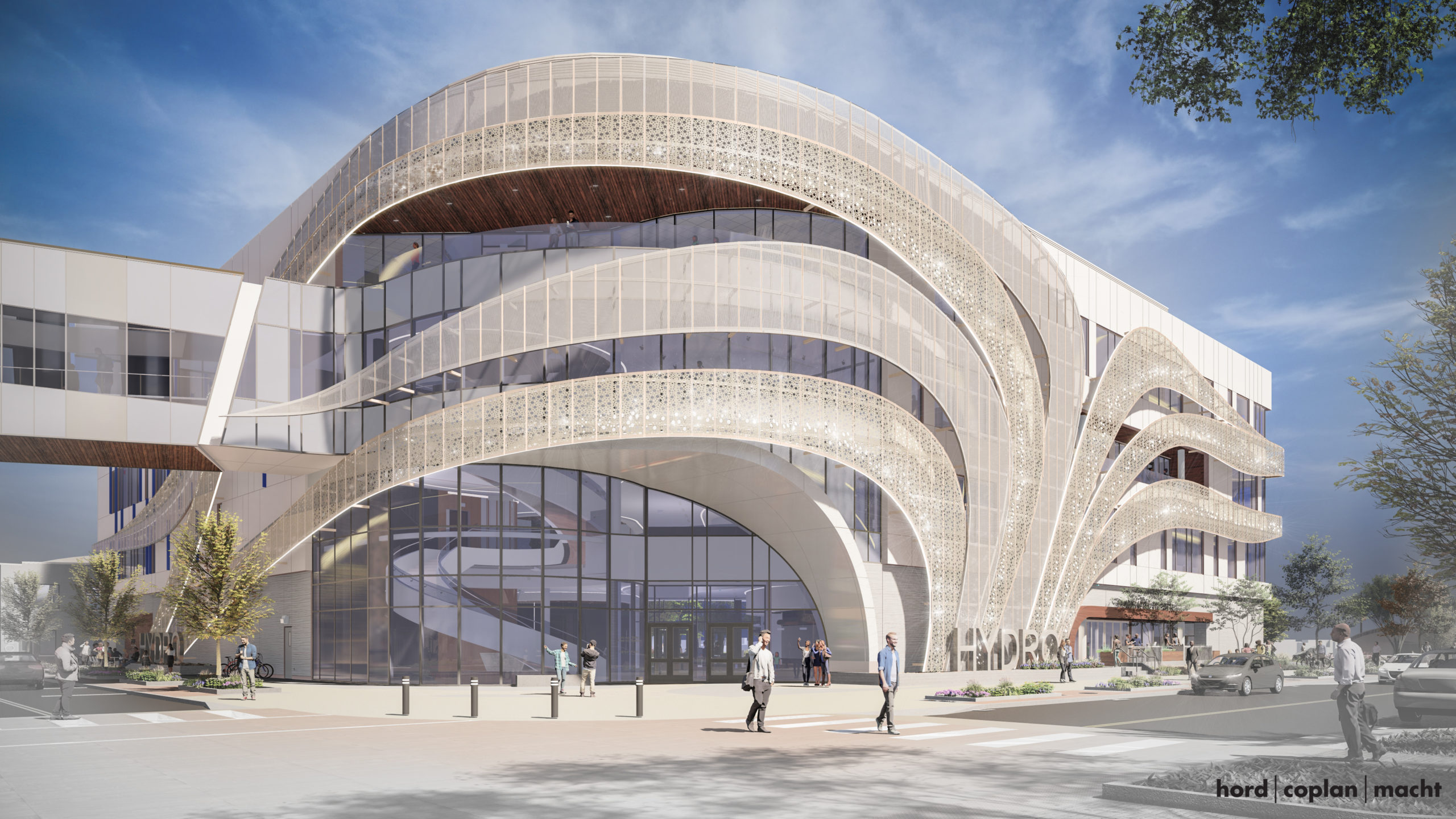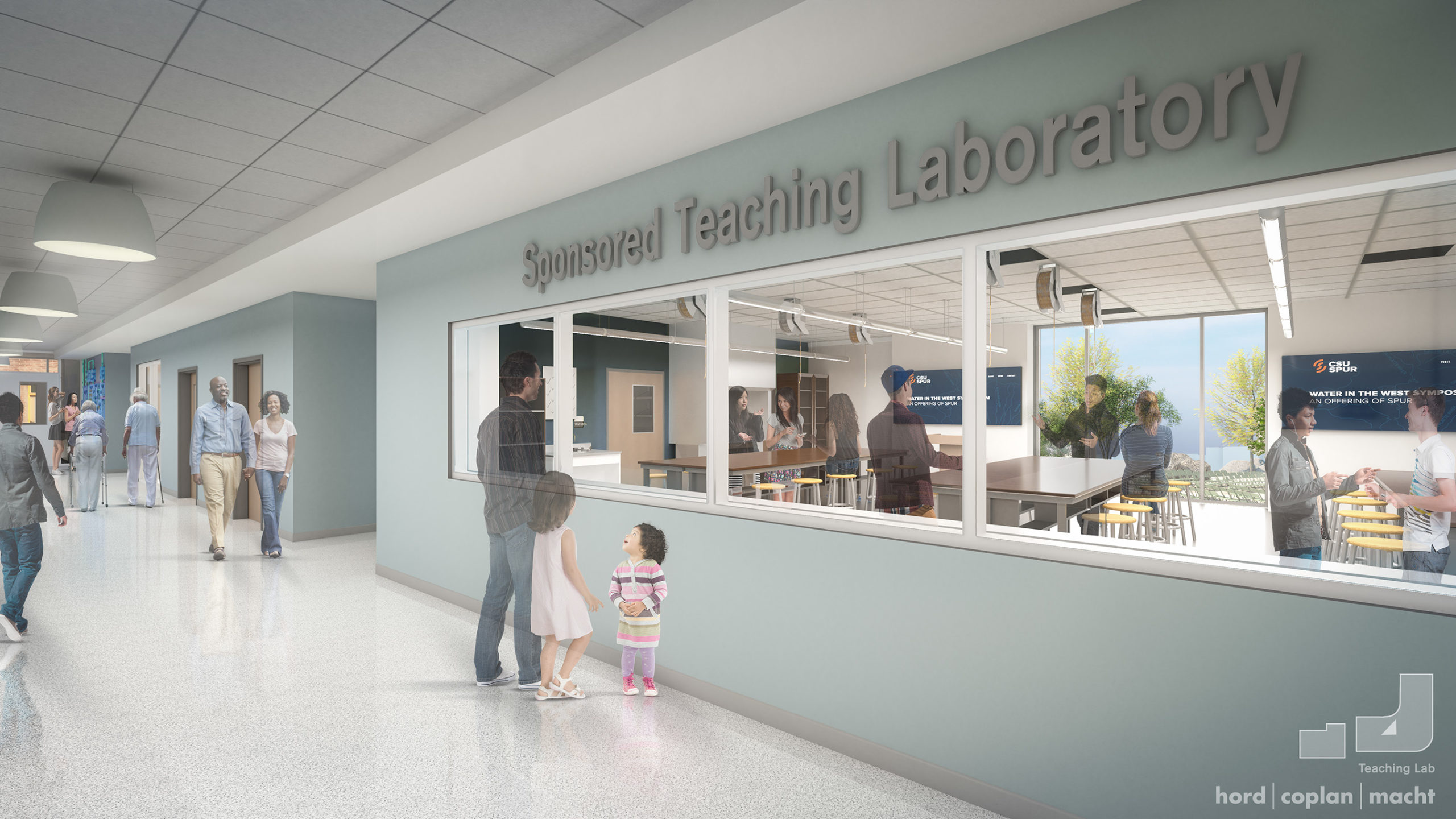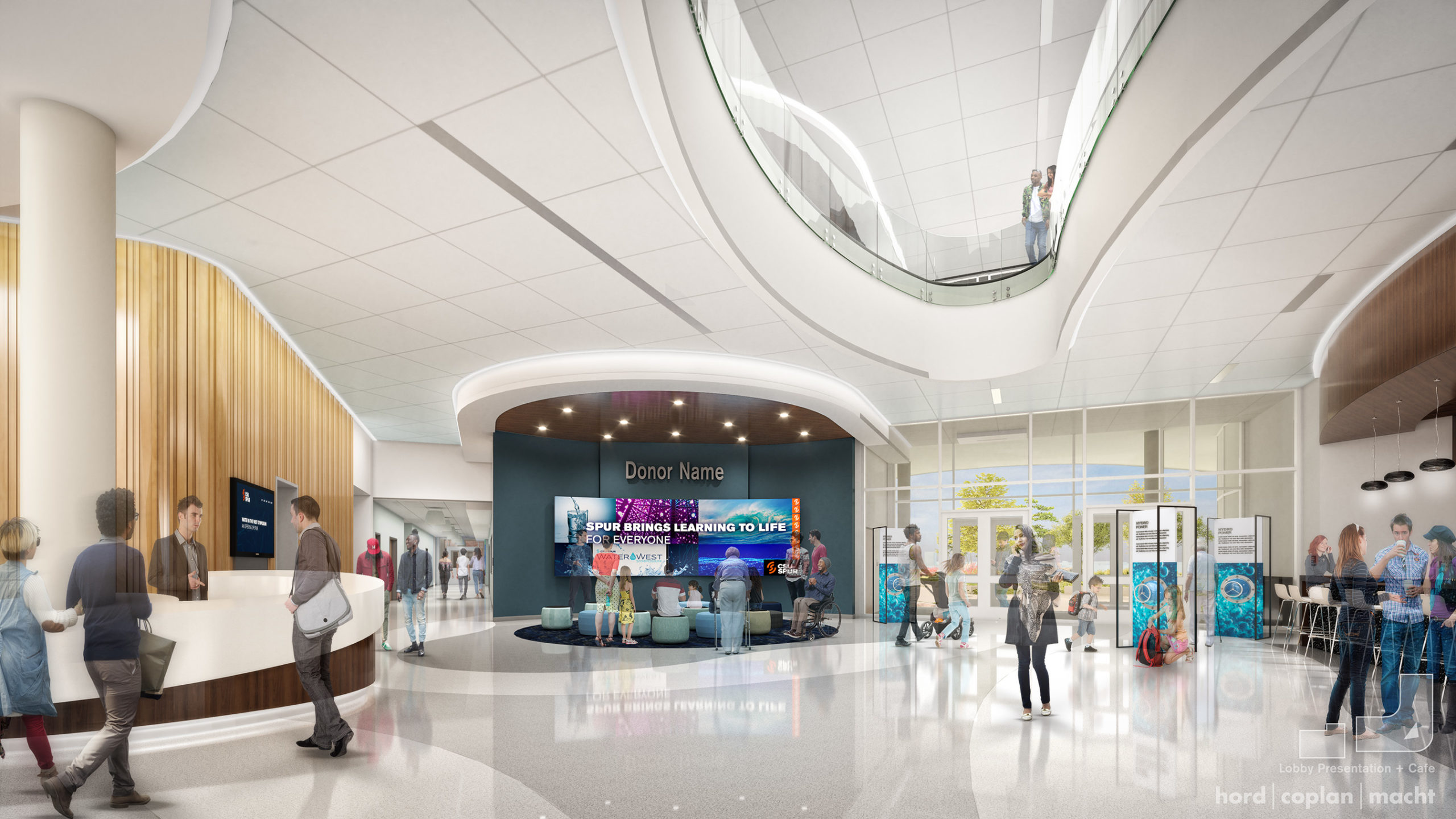
Water quality lab prepares for high-profile change
A major new research and education center is rising from the ground in north Denver, and Denver Water is preparing to be an important part of it.
Colorado State University System’s Spur campus will be a key component of the emerging National Western Center near the intersection of I-70 and I-25. The CSU Spur campus will bring together academics, the public and other organizations focused on food, water and health. Denver Water will play a big role in the future campus, bringing its new and expanded water quality lab to the site.
It's a big leap for the lab, one that will raise its public profile and magnify its importance as a leader in water quality expertise in Colorado and the West.
“This is an exciting development for the lab, and for Denver Water as a whole,” said Nicole Poncelet-Johnson, Denver Water’s director of water quality and treatment. “This puts us right in the heart of a new research environment, in a spot where we can work far more closely and readily with academics and other innovators studying a wide spectrum of emerging and current water quality issues.”
Denver Water’s new lab will be in one of three buildings that make up the CSU Spur campus — the aptly named Hydro building. The other buildings, reflecting the campus’s emphasis on human and animal health and food and agriculture, are Vida (“life”) and Terra (“land”). Workers broke ground on the Hydro building in late October. Work on the other two buildings began earlier this year; all three are expected to be open by fall 2022.
The new CSU campus will itself be a component of the larger National Western Center, which will arise from the grounds of the National Western Stock Show. The future National Western Center bills itself as a year-round global destination for agriculture and food innovation, western heritage and culture, and is slated to open in 2024.
CSU Spur’s research labs and open-to-the public education spaces are part of more than 2.2 million square feet of indoor and outdoor spaces planned for the center, which will also be home to farmers markets, international conferences and outdoor festivals.
The fact that Denver Water’s water quality lab will be housed here marks a big a change. The lab will shift from an obscure setting, tucked away behind security gates near the Marston Treatment Plant in southwest Denver. Now, at the CSU Spur complex, it will be situated at a well-trafficked location at an innovative new campus in an historic area of Denver, accessible by light rail and adjacent to a restored stretch of the South Platte River, itself being reworked to make it a more attractive public amenity.
In short, year-round activity at the National Western Center and CSU Spur will put the water quality lab in the center of the action.
“With this location, it puts us closer to activities where we can contribute,” said Alfonso Gonzales, who manages the water quality lab at Denver Water.
Gonzales noted the move will also put the lab closer to Denver Water’s recycled water plant and the main Metro Wastewater facility, opening up more opportunities for applied research on how those resources can serve the region’s water needs.
The move puts the lab near work related to the “food-water nexus, the power-water nexus and recycled water,” Poncelet said. “There are water quality connections to all of those areas. It allows us to participate in some other areas of research that have a water quality component that we haven’t been as involved in before.”
One real-world example of the power-water nexus already planned for the site: the National Western Center will use the otherwise unused thermal energy from an underground sewer pipeline to power nearly 90 percent of its heating and cooling needs. The innovative project is expected to be the largest sewer-heat recovery system in the North America.
The new lab also means a new, improved space for Denver Water’s continual water quality analysis. The lab already conducts more than 70,000 tests annually to monitor water from the mountains to its treatment plants, through its distribution system and what comes out the tap. The new location will provide capacity for nearly three times as many tests, as well as more room for research and collaboration.
“This provides more opportunities in every sense,” Gonzales said. "The larger footprint allows us to bring on more state-of-the-art equipment and better streamline our workflow. The central location also gives us a closer connection with the public and customers we serve."
The lab will also include space for youth education and additional room to grow. That’s important as more will be asked of the lab as the population grows and water quality contaminants of emerging concern require more study.
Said Poncelet-Johnson: “This space will allow us to grow into the research we want to be involved in and situate us well for the needs of the future.”



